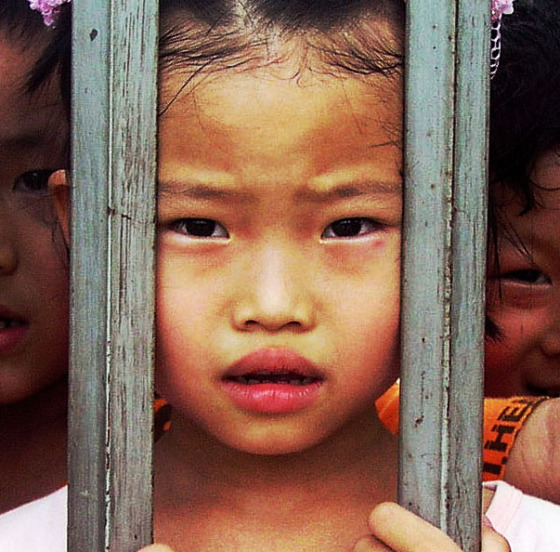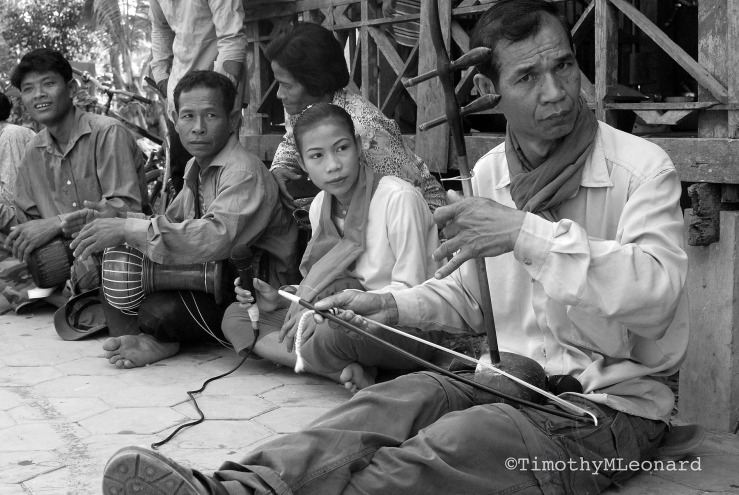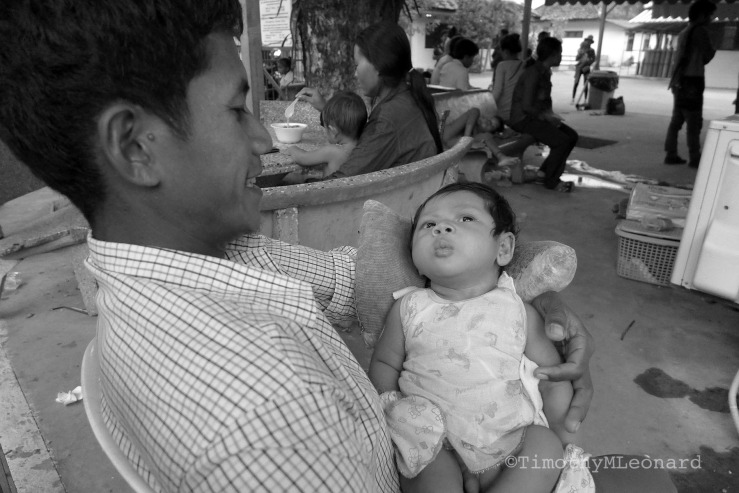(Post coup, July 2016 - Turkey's government solidifies control over military, judiciary, medias, education. Over 120,000 judges, teachers, police and civil servants suspended or dismissed, together with about 40,000 formally arrested.)
On a 5th floor balcony in Ankara, Turkey, Lucky fed wild birds, nurtured roses and played in good dirt.
He collected poetic and photographic evidence.
The rise and decline of Byzantine civilizations heard historians standing on street corners, lost highways or walking arduous mountain paths amid sweet smelling manure with tattered hats in hands pleading, “Give me your wasted hours. Give me your wasted hours.”
Besides helping students discover the courage to speak another tongue with an active voice at The Language Company he got a part-time job driving a taxi-bus.
At 9:11 p.m. he drove a 15-seater minivan to a Soviet-style apartment in a middle class neighborhood. A swarthy man named Pida Pie apple of his mother’s eye opened a sliding door.
A symphony of high heels announced a parade of skintight blond Russians. They purred into the taxi-bus. He smelled cosmetics, lip-gloss and sex. The night was young.
Sly Pide Pie got in.
“Go man go.”
Lucky delivered the ladies to The Kitty Cat Night Club and returned to the apartment for another load. By 10:10 p.m. he’d transported thirty.
“Pick them up at 5:15,” said Pide.
Lucky went home for a catnap with his estranged wife from an arranged marriage. She’d traded her sex for security and knew how to rub a ruble together.
After collecting women smelling of dancing, drinks and cold-blooded sex with diplomats and Turkish tycoons he took them home. High heels and acrylic language laughter faded. Dawn broke bread.
He stopped at a cafe for muddy coffee and aired out the taxi-bus.
Beginning at 7:00 a.m. he picked up kids for their daily dose of force fed feedlot education. They stumbled out of apartments piled in and fell asleep. Weeping mothers on balconies waving soiled red/yellow hammer and sickle cleaning rags sang good-bye to despondent sons and daughters.
A Chinese waif dreaming of autonomy had her eyes wide open. “Patience is my teacher,” she said.
“I remember you from the Fujian university. How did you get here?”
“I graduated with an M.A. in Languages, Humor and Courage. I stowed away on a ship leaving Shanghai. It sailed through the Straits of Malacca, the Suez Canal and into Izmir. I hitched here and got lucky. I discovered a nanny position with a family. I tutor their kids and teach Chinese calligraphy at the school.”
“Great wild future. What happened to your dream about being a waif?”
“No fear. It’s in The Dream Sweeper Machine. The day after tomorrow belongs to me. I am Curious.”
“Nice to meet you. I'm Lucky.”
“Sure you are. May I drive?”
“Why not,” giving her the tantric wheel of life.
“Wow,” she said, shifting gears, “this is fun. Let’s see how slow we can go.”
At 8:15 a.m. he returned home for a shower, good eats and dreams.
At 2 p.m. he walked to The Language Company. Students were doctors, lawyers, health care workers, engineers and university students. He was a guide from the side through etymology, phonology and morphology. The majority had passive verbs down.
“How are you,” he asked.
“So-so,” sang the chorus. “Tired. We need Xanax.”
Finished at 9:00 p.m. he started the Russian roulette acquisition cycle. “Put one in my chamber,” whispered a leggy blond. “My safety is off and I am well lubricated.”
Every morning, working with Omar, a blind Touareg amanuensis from the Sahara, whom Lucky befriended by fate in Morocco two days before 9/11 while on a six-month hiatus from the united states of consumption, they finished polishing a gonzo memoir. A Century Is Nothing. Omar sent it out.
Fifty unemployed suicidal literary agents huddled around a fire in a Benaojan cave south of Ronda, Spain read Omar’s epic.
26,000 year-old Paleolithic paintings and dancing shadows displayed bison, deer, archers, and crude time-comb slashes. Red and black fish were trapped in black cages. Fingerprints whorled hunting stories.
Agents concurred. It isn’t mainstream and too experimental. We can’t realize 15% from this. Thanks but no thanks. Let’s burn it to keep warm.
Omar published it independently in October 2007. He loved the do it yourself process: text, blurb, design, basic marketing and cover image of a Chinese girl.
“Yes,” Omar said, “it’s almost as true as if you can believe it.”
Few read it and fewer understood it.
Lucky shared it with friends and strangers. His best friend buried a copy in an Arizona time capsule.
Omar sent copies to nomadic Blue Men in the Sahara.
Through Constantinople publishing contacts it was available at D&R Books in Ankara, Bursa, Timbuktu and a big river in South America.
They selected the cover photograph. The girl’s image expressed emotional honesty with natural innocence.

She was trapped behind a hard steel grate-full educational reality in Maija, a poor village in Fujian, China.
Her eyes held world secrets and unlimited potential. She’d stared at Lucky, a professional stranger and an aberration in her universe. Her sisters and schoolmates pushed against her. She was trapped against a locked gate. He was on the other side.
He raised a small black machine to his eye. She heard a subtle click. A shutter opened and closed freezing time, capturing her soul on a memory-fiction card. He smiled, thanked her and disappeared. She didn’t know her child eyes would grace a book cover for everyone to see, breathing her immortality in alchemical manifestations.
He’d visited her primary school speaking strange unintelligible words, singing and dancing. His laughter and smiles were a relief from the autocratic, punishing manner of bored illiterate women teachers. They didn’t want to be prisoners any more than the kids.
No one had a choice here. You did what you were told to do in a harmonious society filled with social stability, fear, paranoia and shame ordered from Beijing well removed from a world where farmers struggled behind oxen in rice paddies. Green rice stalks revealed their essence below a blue sky in mud and meadows of reality.
Leo said, “Censorship not only chokes artistic talent but also weakens the Chinese populace who are forced to be less imaginative and less inventive. The crisis in education has been a hot topic for years. Why are so many students good at taking tests but poor at analytical thinking? Besides the commercialization of education, the absence of a free, tolerant environment has stunted the growth of students and teachers.”
Self-censorship, shame, insecurity and humiliation devoured steaming white rice and subversive dreams.
In Ankara with Omar’s blessing Lucky signed copies. It was a strange sensation spilling green racing ink from a Mont Blanc 149 piston driven fountain pen on parchment fibers.
The first copy was for Attila the Hungry, a large bald man with a spectacle business. He sold Omar BanSunRa-Ray glasses on spec-u-lay-shun.
“The future looks brighter than a total eclipse,” said Omar.
In 2012 while living in Cambodia, Lucky and Omar cut the original to shreds, polished it and published the 2nd edition with Create Space on Amazon. Omar selected a new cover image of a serene Nepalese grandmother and granddaughter.
The Language Company
Weaving A Life (Volume 4)










 Share Article
Share Article 






